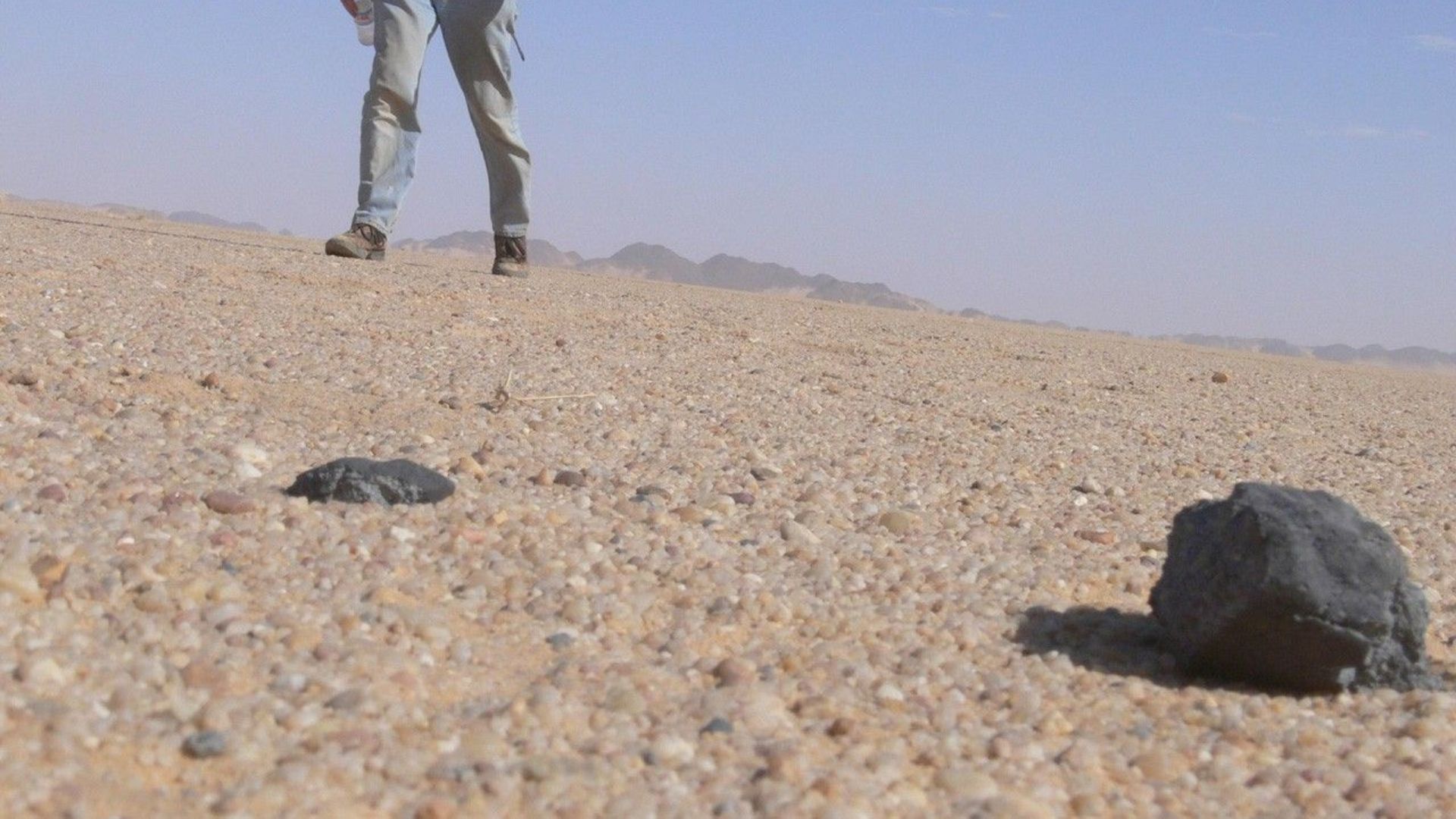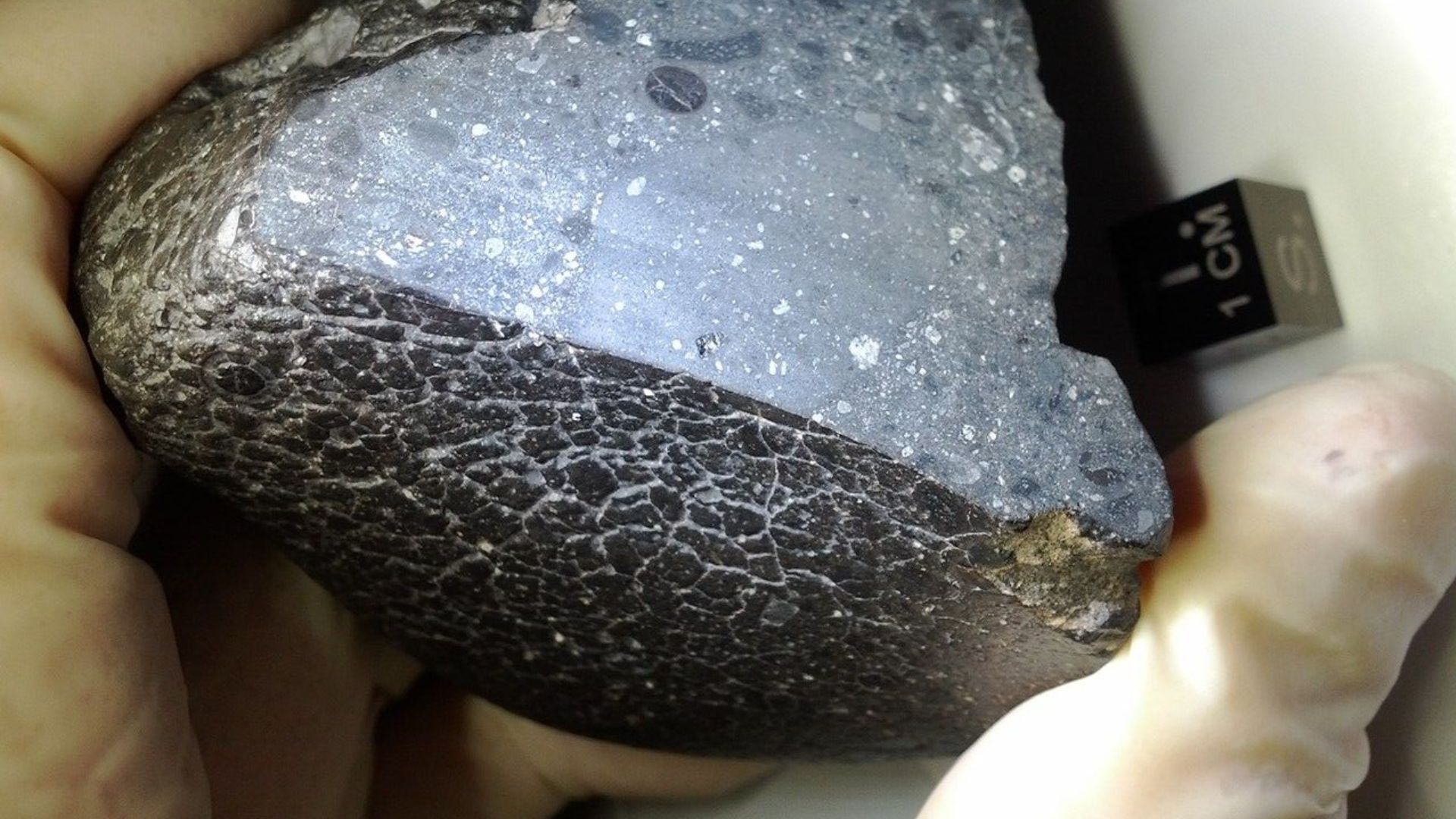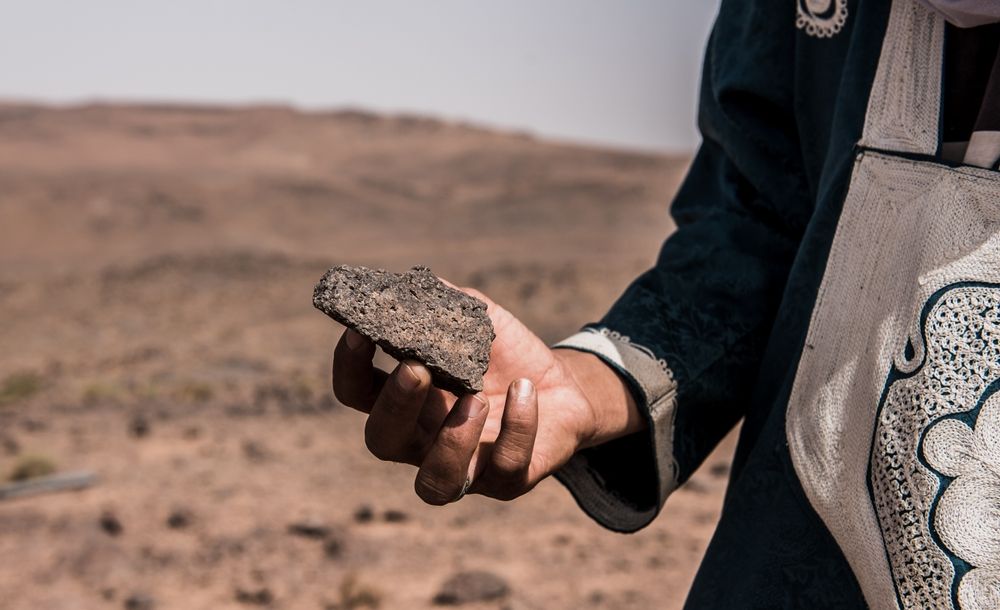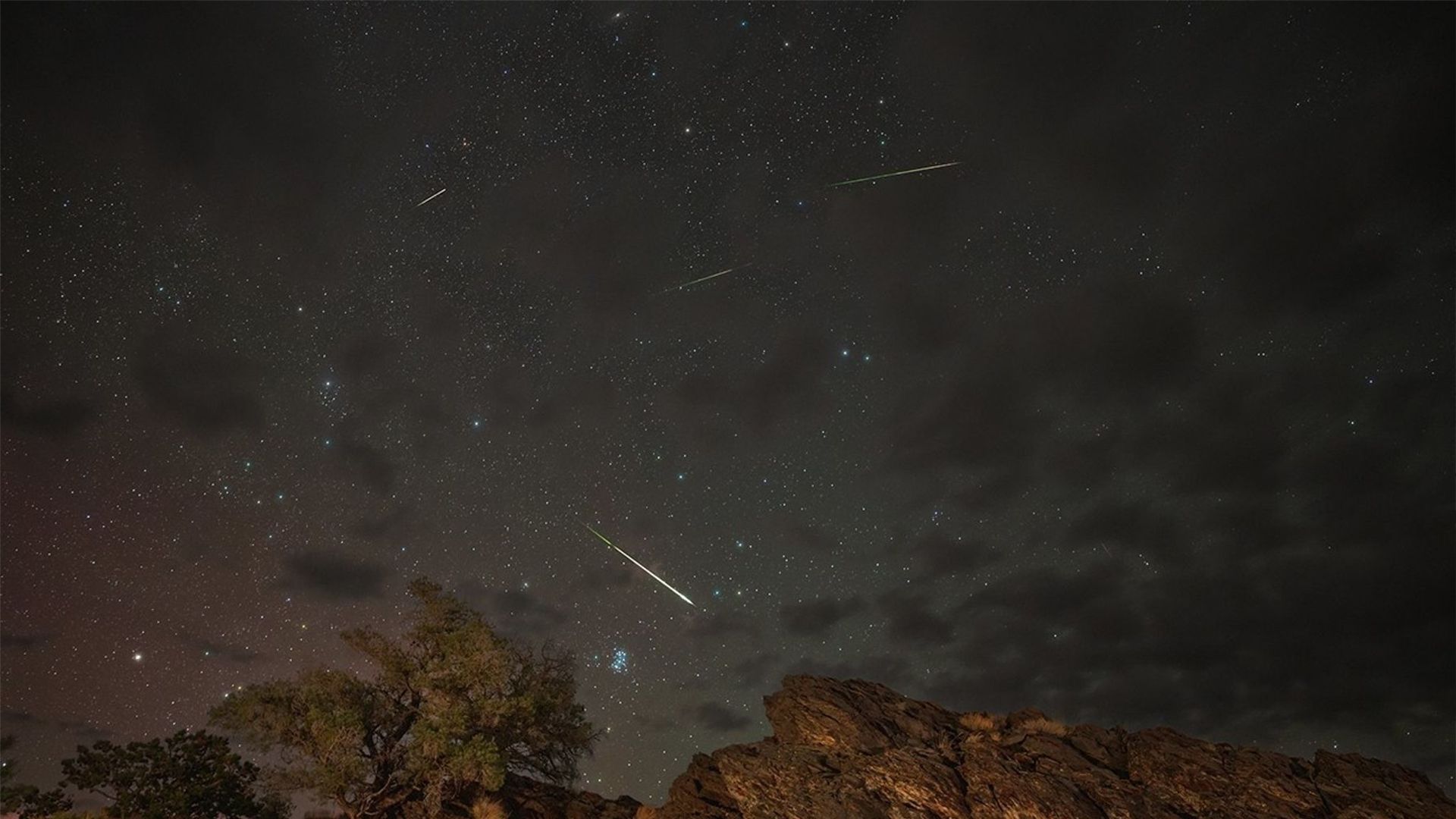Meteorites are awesome. It’s not just a rock, it’s a space rock! So, what do you do if you find a space rock here on planet Earth? It depends on where you find it, but there’s a good chance you will be able to keep it.
If the Meteorite Is on Your Land, It’s Yours
In the United States, common law states that if something is on your property, then it’s yours. While this doesn’t apply in every scenario (and I most certainly am not a lawyer), a law case also backs this up when it comes to meteorites.
In the case of Goddard v Winchell, a meteorite fell on land that was being leased, and a neighbor helped dig it up then sold it. The landowner claimed that it was his, and he should get to choose what happened to it. The court ruled in Goddard’s favor (the landowner), and thus it is now readily accepted that a meteorite that falls on your land and embeds itself in your soil belongs to you.
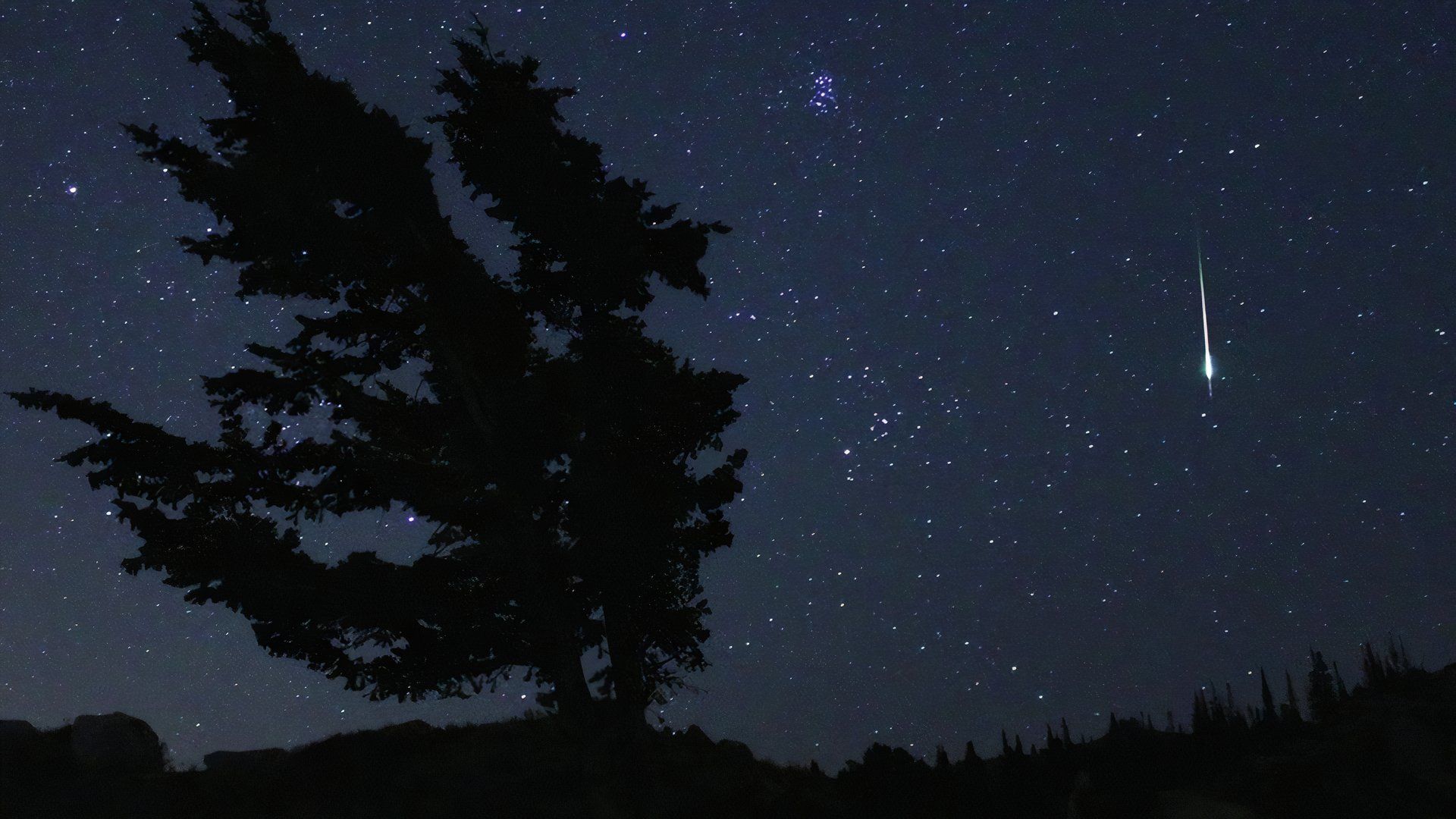
Related
Meteorites Are Far More Amazing Than You Realize
It’s not really shooting stars; it’s just cosmic debris, speeding into an inferno.
If the Meteorite Is on Someone Else’s Land, Don’t Touch It
Similar to the case above, if a meteorite falls on someone else’s land, don’t go get it. The only time this would be acceptable is if you were with the property owner. In the case of Goddard v Winchell, the person leasing the property from Goddard was there when the meteorite was recovered and then sold.
The person leasing the property was not the property owner, and that’s why Goddard won the case. Don’t just go around to random people’s private property looking for meteorites. You could get yourself in a heap of trouble.
If the Meteorite Is on Public Land, You Can Pick It Up
If you find a meteorite on public land that’s under the purview of the Bureau of Land Management, then you can absolutely keep it—with a few caveats.
To start with, the land does have to be under the Bureau of Land Management for this to apply. The Bureau manages around 245 million acres of land in the US, which is about one-tenth of all the land in America. It also manages around 700 million acres of subsurface mineral estates.
The Bureau only manages land in 41 of the 50 states, however, so there’s a chance no land around you is managed by them. You’ll want to check the Bureau’s website to find out where land managed by them is.
Back to the question at hand: if you find a meteorite on public land, can you pick it up and keep it? There are several factors to consider here. Firstly, the land must be owned by the Bureau of Land Management. You also must be able to extract the meteorite without any mechanical machinery. Metal detectors and normal shovels are okay, but backhoes and excavators aren’t.
You also must not have collected more than 10 pounds of meteorites in the last year from public lands. Lastly, you can’t sell it. While commercial licenses are available (and they get you around the 10 pound limit too) you don’t need one if you plan to keep less than 10 pounds, and you don’t plan to sell meteorites.
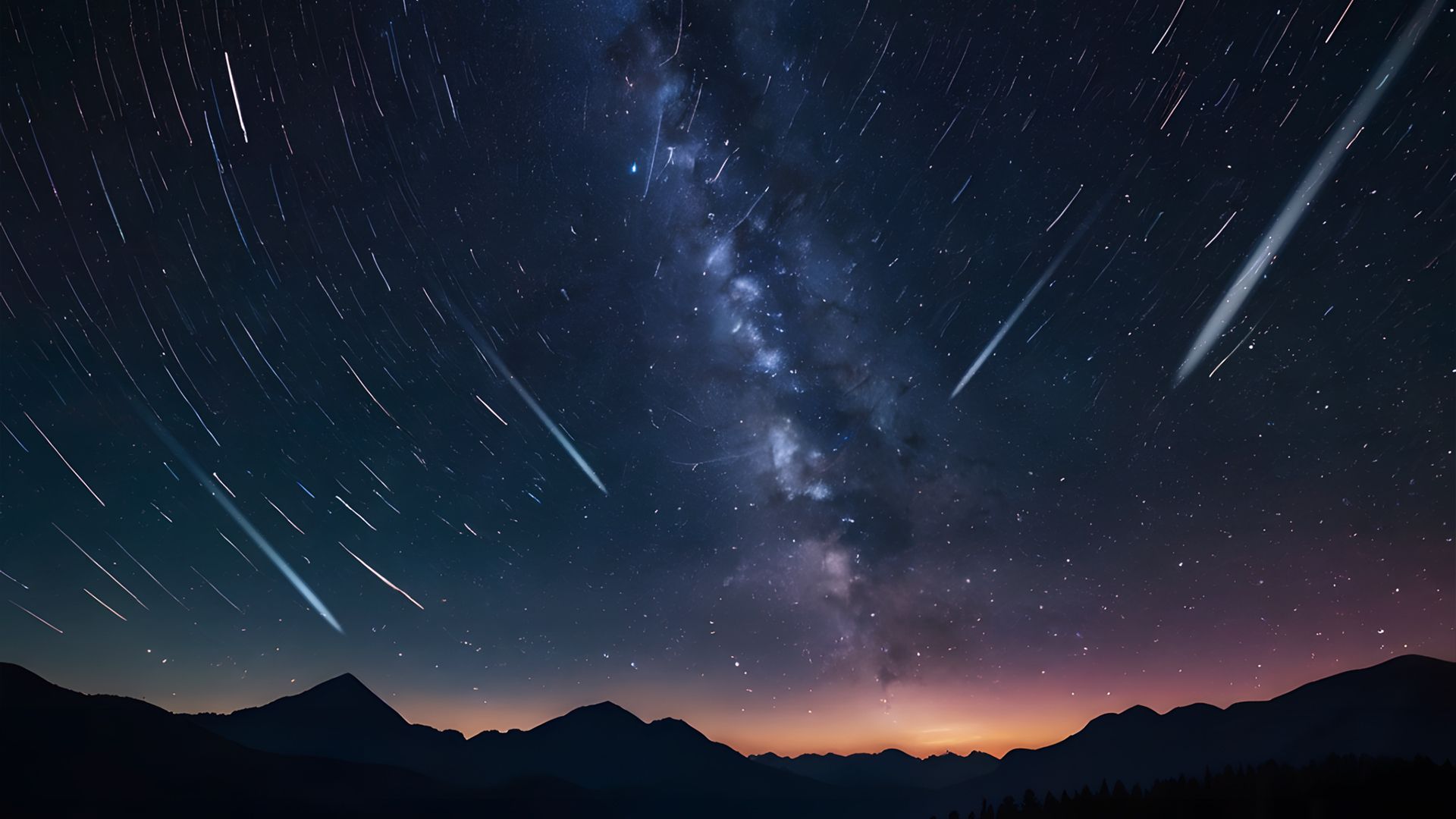
Related
I’ve Watched Many Meteor Showers—Here’s How You Can Too
There’s more to our sky than constellations and planets.
There are several rules to follow here, but it’s also pretty straightforward. The Bureau has a PDF that walks you through all the rules I mentioned above and any additional information you’ll need to know before collecting a meteorite from public land, and I recommend reading that before you go out meteorite hunting.
If the Meteorite Is at a National Park, Leave It Alone
While the Bureau of Land Management allows you to graze their public land for meteorites, the National Parks Service does not. If you’re in a national forest or national park, leave any meteorites you might find on the ground.
These are places that I initially thought it’d be okay to go meteorite hunting, but it’s most certainly not. Considering the Goddard v Winchell case, however, it makes sense. Those meteorites belong to the federal government and are not considered public property.
Taking those meteorites could constitute theft of federal property, and I really wouldn’t want to wade in those waters. However, if you do find a meteorite on federal land, then you should contact the Smithsonian, as I’m sure they’d love to collect the meteorite, examine it, and possibly put it on display in a museum!
There are also a few other areas that you’re not allowed to gather meteorites. This includes developed recreational sites, national monuments, national conservation areas, and a few other places. If you’re going to state land, such as a state park, you’ll need to check their rules as well—they vary from place to place.


